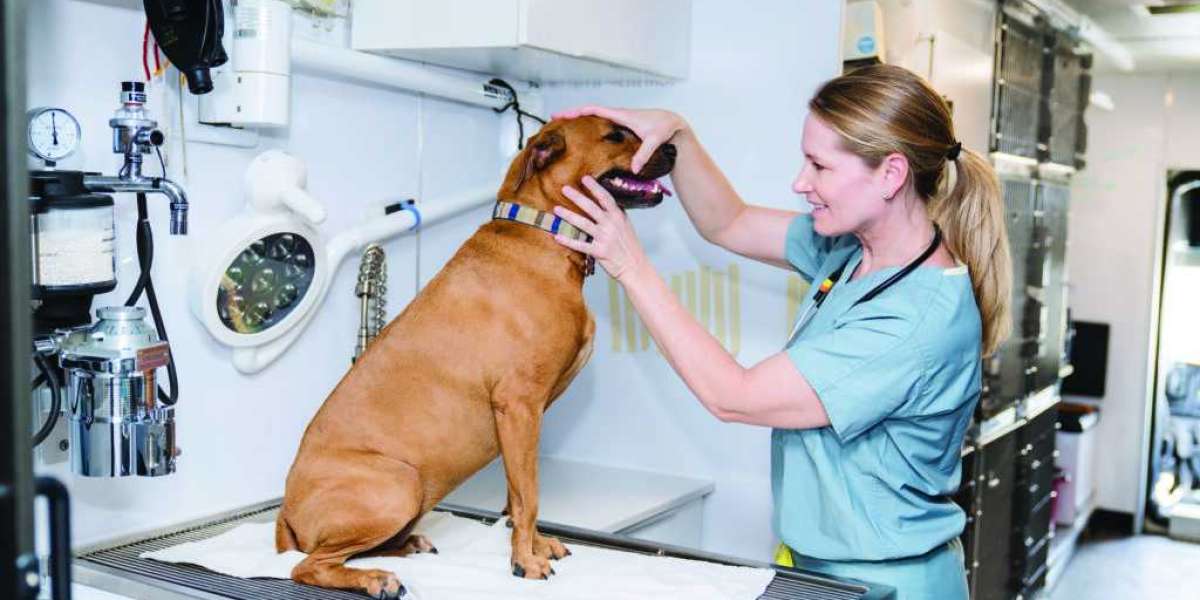The Role of Nutrition in Pet Dermatology
Taking care of our animal friends goes beyond giving them belly rubs and playing with them; they bring so much happiness and warmth into our lives. Nutrition is one of the often-overlooked aspects of pet care, particularly when it comes to maintaining healthy coats and skin. In this blog, we’ll explore the role that diet plays in pet dermatology and provide advice on how to give your four-legged buddy a shiny coat that matches their robust health.
The Importance of a Balanced Diet
A balanced diet is crucial to a pet’s overall health, just like it is to human health. Deficiencies in essential nutrients can manifest in various ways, with the skin being one of the most noticeable. Key nutrients that support healthy skin and a shiny coat include zinc, proteins, omega-3 fatty acids, vitamins A and E, and oils. By incorporating these nutrients into their diet, you can help your pet maintain supple skin, promote collagen production, and prevent irritation and dryness.
Selecting the Right Pet Food
Choosing the right pet food is essential for maintaining optimal skin health. Look for premium, well-balanced pet diets that specifically mention important nutrients on their labels. Consider factors such as breed, size, and any existing skin conditions your pet may have, and consult with your veterinarian to determine your pet’s specific nutritional needs.
Hydration Matters
Water is not only vital for your pet’s overall health but also significantly impacts their skin and coat condition. Adequate hydration keeps the skin pliable and moisturized, helping to prevent issues like flakiness and excessive shedding. Ensure your pet always has access to clean, fresh water to stay properly hydrated.
Identifying Allergies and Sensitivities
Just like humans, pets can be sensitive or allergic to certain ingredients in their food. Pay attention to any signs of itching, redness, or inflammation, as these could indicate an allergic reaction. Consult with your veterinarian to identify and eliminate potential allergens from your pet’s diet.
Supplements for Skin Health
Dietary supplements can sometimes help address specific skin conditions. For example, omega-3 fatty acid supplements are known for their ability to reduce inflammation and support a stronger skin barrier. However, it’s essential to consult your veterinarian before adding any supplements to your pet’s diet.
Regular Grooming Routine
In addition to a nutritious diet, regular grooming plays a vital role in maintaining healthy skin for your pets. Brushing your pet promotes healthy blood circulation, helps distribute natural oils, and removes loose fur. This simple but effective routine helps create a glossy, lustrous coat.
Conclusion
Adopting a holistic approach to your pet’s health and prioritizing nutrition can significantly enhance their overall happiness and skin health. Remember that every pet may have different nutritional needs, so always consult your veterinarian for personalized guidance.
For the best pet dermatology in Dubai, visit our pet clinic. Our experienced vets offer unparalleled care to keep your furry friends healthy and happy. Explore our wide range of pet veterinary services tailored to meet the diverse needs of your beloved companions.








